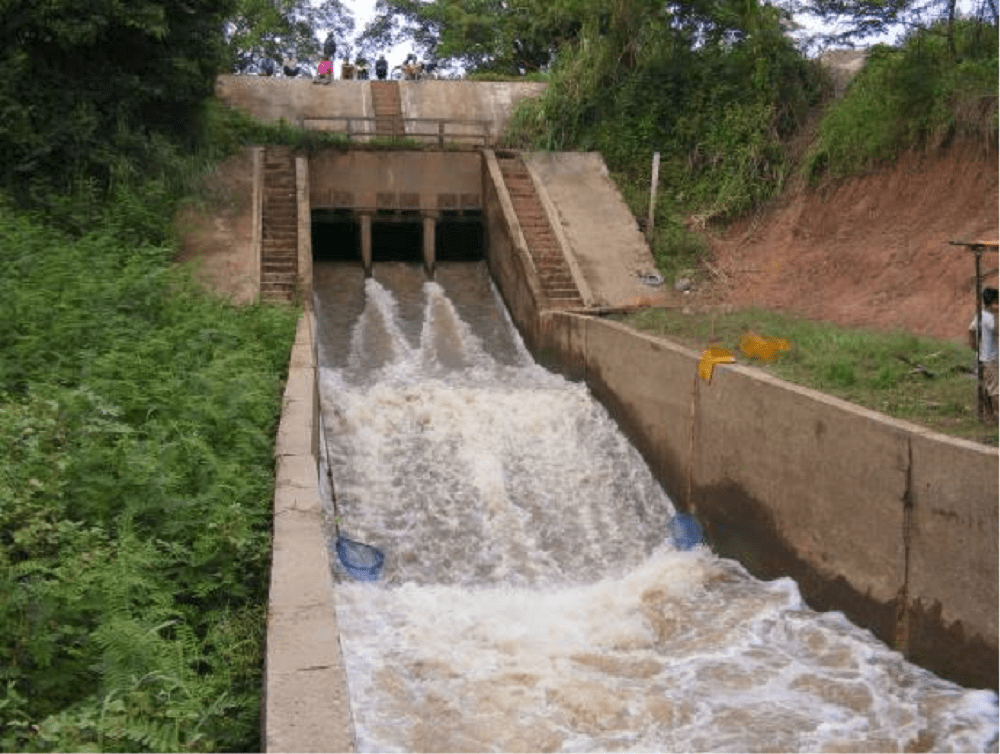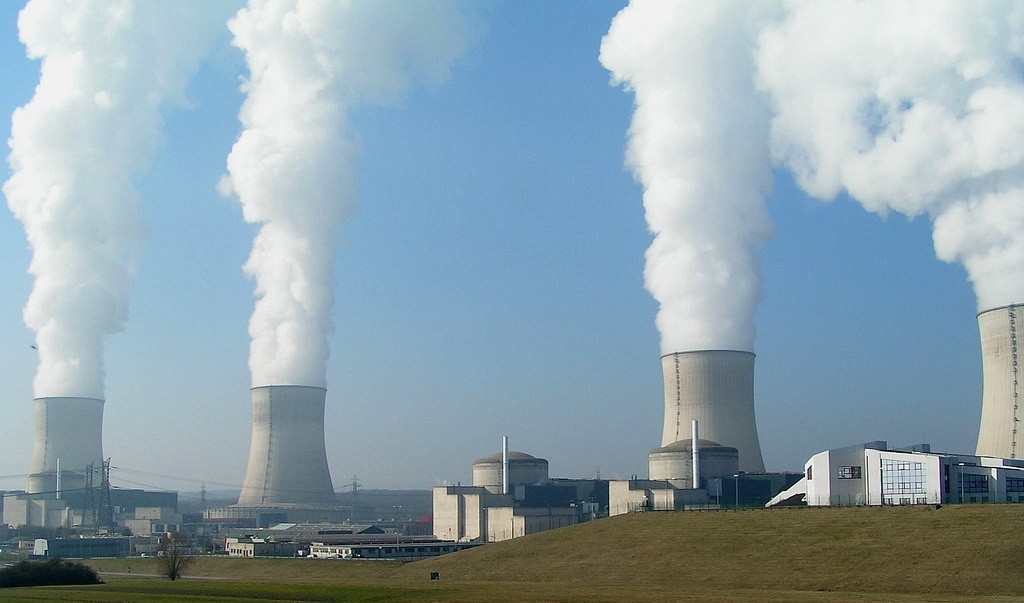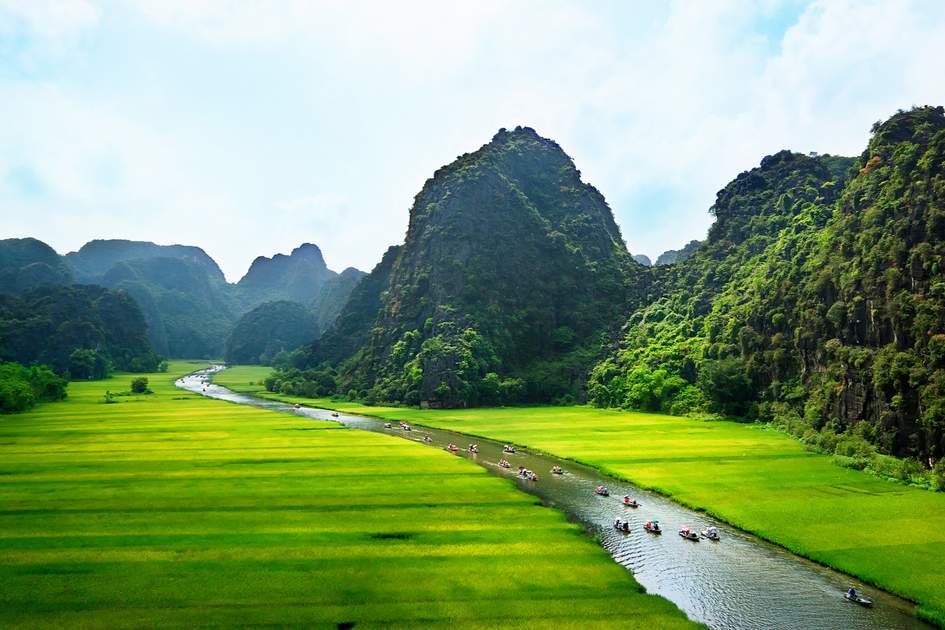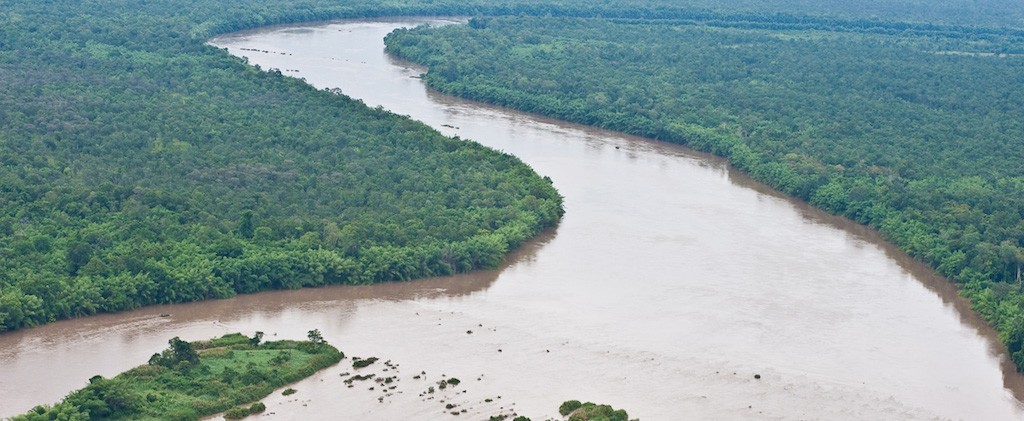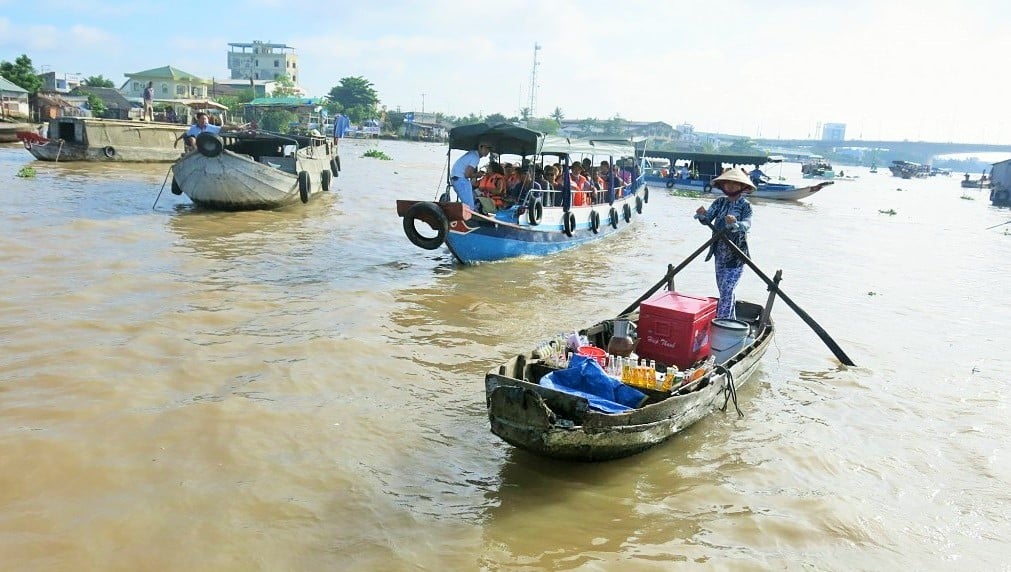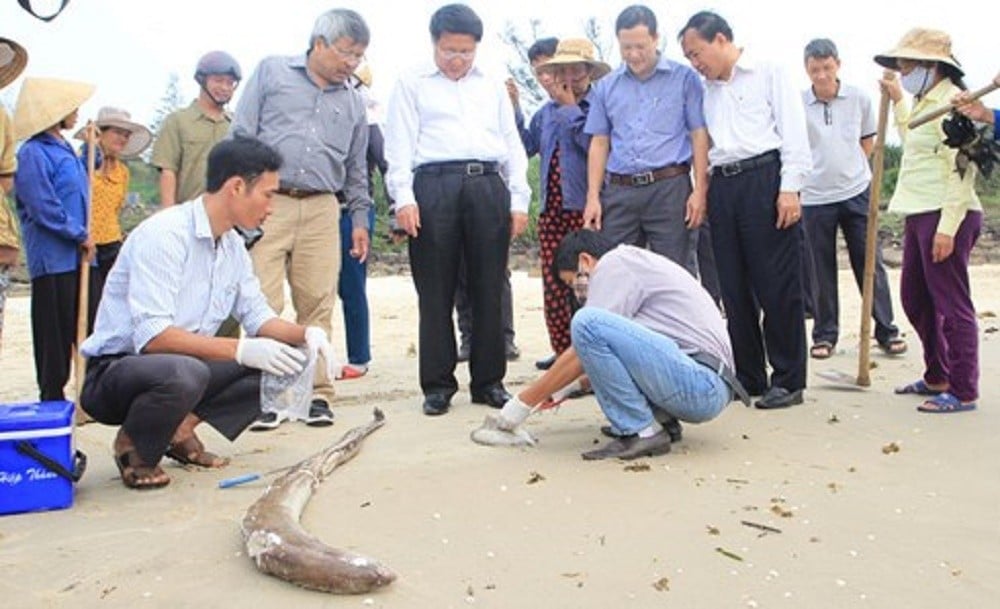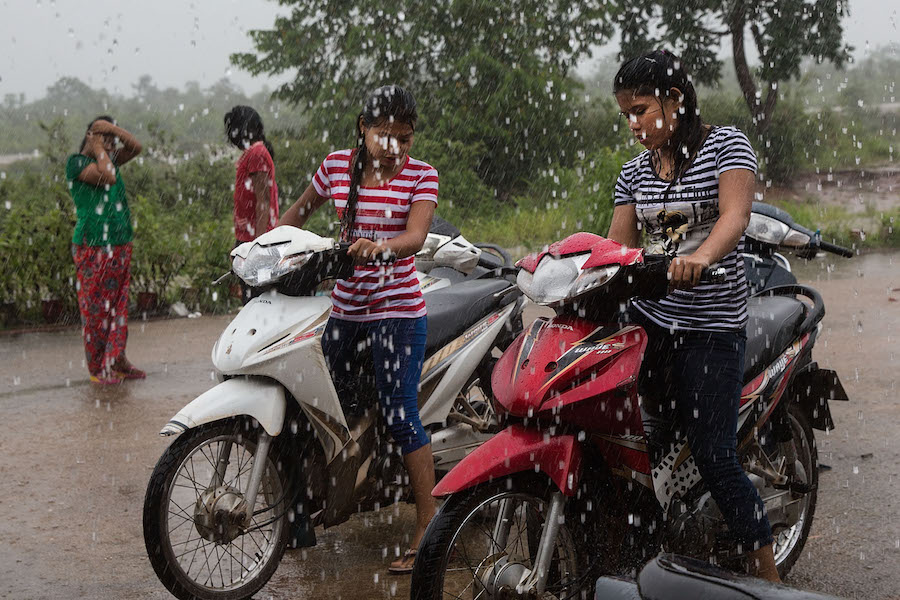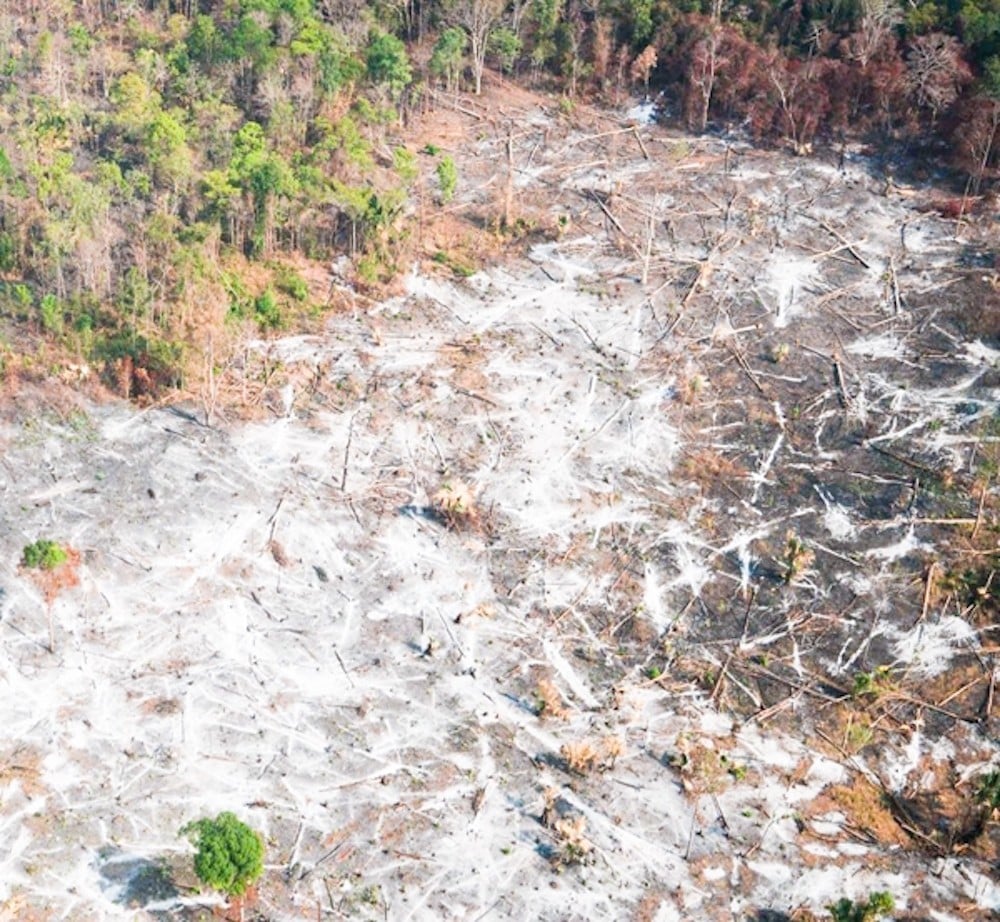So, last week I attended a meeting held at Can Tho University entitled ‘Sustainable Uses of Mekong Water Resources’. With Can Tho sitting squarely in the middle of the Mekong Delta, and suffering dreadfully from the current drought, the debate was highly emotional. And often very loud.
Participants acknowledged El Niño and climate change as two variables responsible for the absence of rain. But most of the ire was directed at mainstream dams north of the delta.Mainstream dams. South of the China border, none of these are complete, and just two are under construction. The Laotian dams were certainly focussed upon, but most of the concern was with the Chinese dams. Recently, China has released a considerable quantum of water from their dams, with the stated aim of assisting their drought-stricken neighbours to the south. The reasons for these releases were treated with scepticism.


